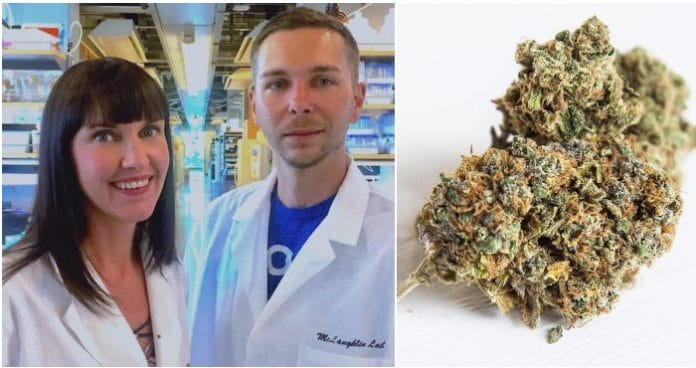Washington State University scientists have delved into how stress, anxiety and depression are affected by smoking cannabis, using a unique approach.
Instead of being carried out in a laboratory environment, participants consumed cannabis in their own homes and self-reported the effects of different strains and varying concentrations of tetrahydrocannabinol (THC) and cannabidiol (CBD).
1,399 medical cannabis users collectively used an app called Strainprint* a total of 18,392 times to track changes in their symptoms of depression, anxiety, or stress.
The study arrived at some interesting conclusions, including:
- one puff of cannabis high in CBD and low in THC was optimal for reducing symptoms of depression
- two puffs of any type of cannabis reduces symptoms of anxiety
- 10 or more puffs of cannabis high in CBD and high in THC produced the largest reductions in stress
“Our study shows that CBD is also a very important ingredient in cannabis and may augment some of the positive effects of THC,” said clinical assistant professor of psychology at WSU and lead author of the study, Carrie Cuttler (pictured above).
Unlike THC, cannabidiol is non-intoxicating – and it can also be sourced from industrial hemp.
The study report says women reported a significantly greater decrease in anxiety following cannabis consumption compared to men.
However, another important finding was that while the use of cannabis to treat depression may be beneficial in the short term, it appears to exacerbate depression if used over a period of time. Also, the repeated use of cannabis does not appear to lead to any longer-term reductions depression, anxiety, or stress. It’s a quick, but not permanent fix.
The study report, A Naturalistic Examination of the Perceived Effects of Cannabis on Negative Affect, has been published in the journal Affective Disorders.
*Strainprint is a mobile app used by medicinal cannabis users to keep tabs on their intake and discover the strains and dosages that work best for them.
“By guiding patients to track their own cannabis intake, we will help to refine and improve treatment. It is our aim to advance the scientific understanding of cannabis and its legitimization as a therapy,” says Strainprint, which has three cannabinoid physicians on its Board.


